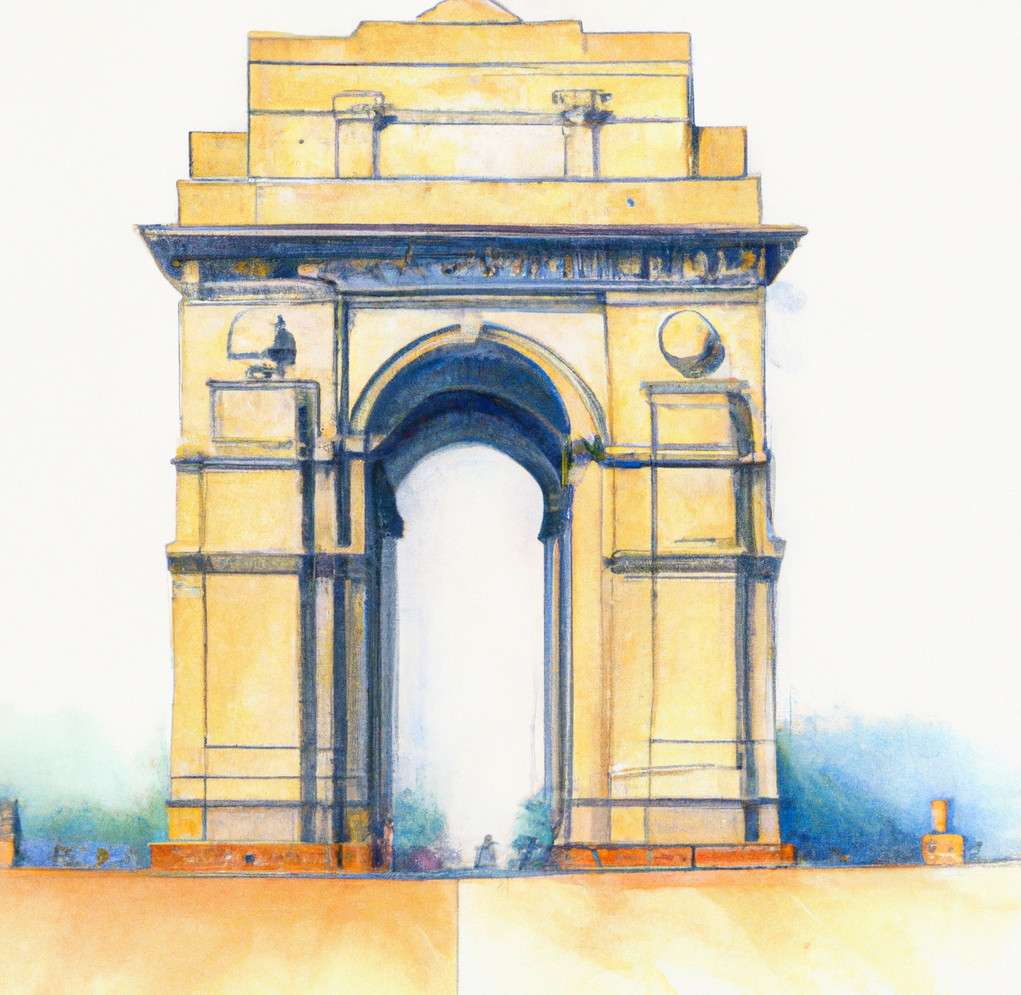Indian musical traditions have a rich and diverse history that spans thousands of years. Music holds a significant place in Indian culture, playing a crucial role in religious rituals, social gatherings, and entertainment. From ancient classical traditions to the vibrant world of Bollywood music, India has given birth to a wide array of musical genres that continue to captivate audiences around the world. In this blog post, we will explore the concept of the “Great Indian Musical” and delve into the historical background, cultural significance, and notable artists of Indian music.
II. Historical Background of Indian Music
Ancient Indian musical traditions date back to the Vedic period, where music played a vital role in religious ceremonies. The Samaveda, one of the four sacred texts of Hinduism, contains hymns that were sung during rituals. Another influential text is the Natyashastra by Bharata Muni, which provides detailed guidelines for performing arts, including music, dance, and drama. These ancient texts laid the foundation for the development of classical music traditions in India.
III. The Great Indian Musical: Bollywood
Bollywood music, the vibrant and melodious soundtracks of Indian films, has become synonymous with Indian music on a global scale. With the rise of the Indian film industry, music became an integral part of storytelling, evoking emotions and enhancing the cinematic experience. Bollywood music has not only gained immense popularity within India but has also reached international audiences, contributing to the cultural exchange between India and the rest of the world. Renowned composers and singers like R.D. Burman, A.R. Rahman, Lata Mangeshkar, and Kishore Kumar have left an indelible mark on Bollywood music.
IV. The Great Indian Musical: Classical Traditions
Hindustani classical music, originating from North India, and Carnatic classical music, from South India, are the two main classical traditions in India. Hindustani classical music is characterized by its improvisational nature, intricate ragas (melodic frameworks), and talas (rhythmic cycles). The Gharanas, or schools, play a significant role in preserving and passing on the rich heritage of Hindustani classical music. On the other hand, Carnatic classical music is known for its emphasis on intricate compositions and structured improvisations. Artists like Pandit Ravi Shankar, M.S. Subbulakshmi, Ustad Zakir Hussain, and Dr. Balamuralikrishna have contributed immensely to the classical music landscape in India.
V. Folk Music: The Soul of India
Indian folk music reflects the diverse regional cultures and traditions of the country. Each region has its unique folk music styles, influenced by local customs, languages, and instruments. Folk music serves as a medium for storytelling, preserving mythology, folktales, and legends. It also acts as a platform for social and political commentary, addressing various issues prevalent in society. Famous folk music traditions include the soulful Baul music of Bengal, the vibrant Rajasthani folk music, and the devotional Qawwali music of the Sufi tradition.
VI. Fusion and Contemporary Indian Music
The fusion of Indian classical music with Western genres has led to the emergence of exciting new musical styles like Indo-Jazz and Indo-Rock. Indian musicians have collaborated with international artists, creating a unique blend of cultures and sounds. Additionally, the rise of independent music in India has been fueled by the accessibility of social media and digital platforms. Notable independent artists and bands like Indian Ocean, Raghu Dixit, and Prateek Kuhad have gained popularity both within India and internationally. The influence of Indian music can also be seen in mainstream Western music, with artists incorporating Indian elements into their compositions.
VII. Conclusion
The Great Indian Musical is a journey through India’s rich musical traditions, from ancient classical music to the vibrant world of Bollywood and the soulful realms of folk music. India’s musical heritage is a testament to the country’s diversity, creativity, and cultural richness. It is essential to preserve and promote these traditions to ensure their survival for future generations. As Indian music continues to evolve and make its mark on the global stage, it serves as a powerful medium for cultural exchange and understanding. The Great Indian Musical is a celebration of India’s musical legacy and its ever-evolving landscape.
